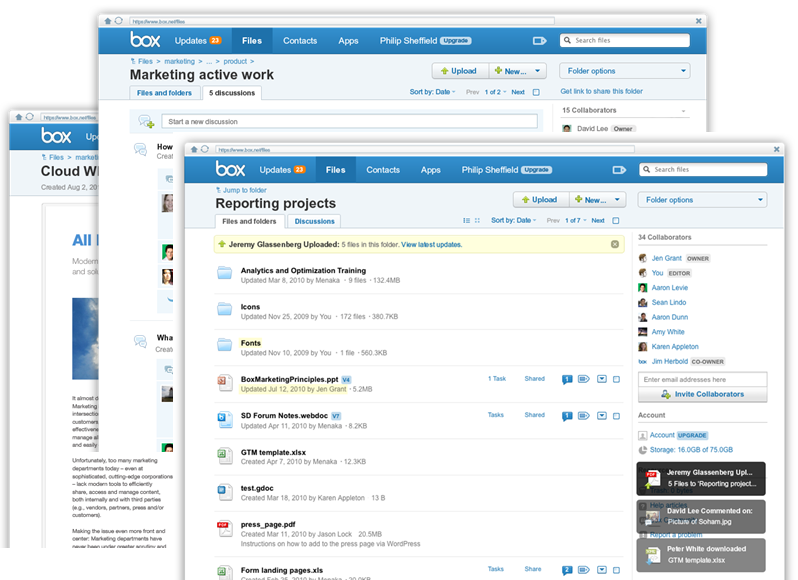Big Oil and BYOD as a recruiting strategy
This short article, 'Shell plans to move 135,000 staff to BYOD' about the internal IT strategy at the giant Shell Oil company in about 300 words manages to highlight probably the two most significant trends driving big enterprise IT today.
Trend #1 - The Cloud (and it is kind of past calling this a 'trend' anymore, it's now just reality.
From the Shell piece:
Two years ago, the firm adopted a cloud-first policy, which means that any new applications have to be in the cloud unless there is a business case for them to be on-premise.
Trend #2 - BYOD (Bring Your Own Device) - the tendency of employees wanting to use their device of choice to accomplish their work, rather than being forced into some kind of corporate device standard that often is inferior to the technology they prefer to use in their 'real' lives. Again Shell's take on BYOD:
Shell is undertaking a huge bring your own device (BYOD) project which will see it supporting around 135,000 devices picked by users rather than dictated by the IT department. The BYOD scheme is a major undertaking. Shell has 90,000 permanent employees, and an additional 60,000 on a contract basis so the company is managing 150,000 clients, from desktops to portables to tablets.
Part of the decision for the BYOD drive is around recruitment and staffing. “In about five to 10 years, 50 percent of our staff worldwide will retire,” (Shell's) Mann explained.“We’re going to have a lot of people turning over, and we want to be able to attract and retain talented and young staff. They don’t want to come into a locked corporate environment.
Neither of these decisions by Shell is really all that newsworthy excepting for the fact that these same IT strategies and philosophies were until fairly recently only undertaken by smaller firms and start-ups. When massive, entrenched, and hierarchical industrial titans like Shell start sounding like 15-person tech start-ups, you know that there really is no turning back. Big companies might not hold sway over how a technology achieves popularity in the macro-sense, but their signing on to a given IT approach tends to validate what the market is saying on a smaller scale.
Also, I don't know for sure if the recruiting angle to the BYOD strategy at Shell is really that important or not - while I tend to agree that people don't want to use inferior equipment in the workplace, I don't think that point of view is limited to 'young' people. (Anyone reading this that is doing at least some of their 'work' email in Gmail because their corporate Outlook mailbox keeps going over capacity will be nodding in agreement right now). And while using lousy technology at work does kind of stink, I also think lots of people want to keep their personal technology, well, personal.
Not everyone wants to be reading work email on their iPad when they are chilling on the sofa at night.
Right?
 Recruiting,
Recruiting,  Technology,
Technology,  strategy tagged
strategy tagged  BYOD,
BYOD,  Recruiting,
Recruiting,  Technology,
Technology,  cloud
cloud  Email Article
Email Article 
 Print Article
Print Article 

